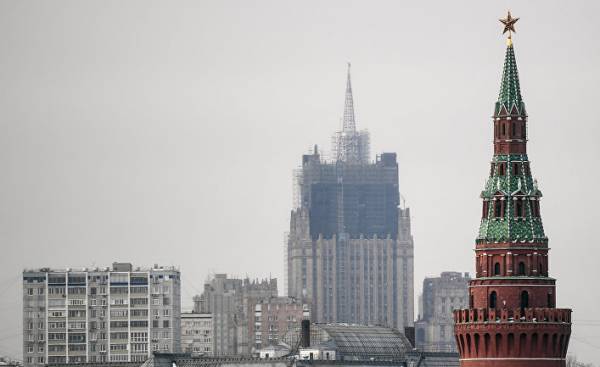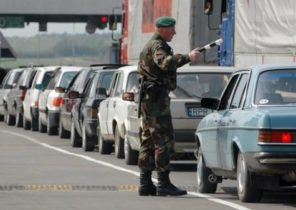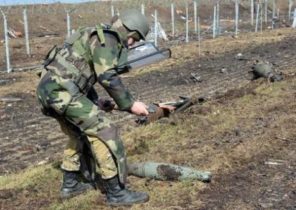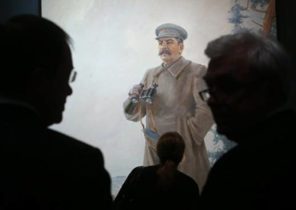
The status of great powers and the quest for global domination has long been are Central components of the Russian system of personal power. But achieving such a status, Russia today, not only creates a universe of satellite States, as did the Soviet Union.
Resources the Kremlin has reduced, and in these conditions he often resorted to intimidation of liberal democracies, trying to force them to recognize Russia’s great-power aspirations.
At the same time, the country faces the following dilemma: how to remain a world power without depriving themselves of the opportunity to use a liberal civilization for their own purposes.
Russia has a history of using the Western world for their own purposes. Two Russian modernization, first under Peter I, and then under Stalin, carried out by Western technical and intellectual knowledge. “America helped us,” said in 1933 Stalin. But after the end of the cold war, the paradox is that liberal democracy does not help the Russian reforms, and the preservation in this country of alien Western values system.
Among the European countries, significantly helps Russia to maintain its system, a special place is held by Germany. For example, German reparations after the Second world war helped to restore the Soviet economy. Later the German Eastern policy and improving relations between the USSR and West Germany not only extended the life of the incapable regime, but also created the basis for post-Communist cooperation between Moscow and the West. Today, Germany remains the leading buyer of Russian energy resources, helping to maintain its public finances.
Some other Western States also help in the preservation of the Russian system. Britain is a hotspot of Russia to the Western financial world, and France is still actively insists on a more lenient policy toward Russia.
According to former Finance Minister Alexei Kudrin, the Russian technological backwardness is a serious “threat to sovereignty”. Indeed, it reinforces dependence on Moscow, the liberal democracies, undermining in the process not only for its great-power ambitions, but also the very independence.
Paradoxically, but interaction with the West is the guarantee of the survival of the Russian system. At the same time, trying to co-opt some elements of the Western system, Russia is weakening the West from within.
Today, the Kremlin is forced to resolve conflicts between the preservation of great power status on the one hand, and the use of Western resources on the other. This conflict is evident in 2014, when Russia annexed the Crimea in an attempt to defend their right to “galaxy satellites” and in the hope that Western countries simply accept her actions. But the reaction of the West is for Moscow by surprise.
Today, the Kremlin has two tasks: to strengthen anti-Western sentiment in Russian society, and at the same time, to maintain cooperation with the West, urging liberal democracy in the benefits of cooperation with him. Meanwhile, Russia will have to find new ways to keep small neighboring countries in its sphere of influence. Russia’s annual budget is 250 billion dollars means that she is no longer able to pay subsidies to Belarus in the amount of 10-15 billion dollars.
Cooperation is the only way to solve these problems. But to confirm their win, Russia needs the West. However, the irony lies in the fact that the bombastic nationalism of transma (in his American and European versions) can create a problem for Russia in the sense that she is deprived of access to Western resources.
If the West is to resist the Russian policy, in which it simultaneously with the West and against it, Moscow will raise rates. Of course, such intervention of the Kremlin will be aimed not at the strengthening of confrontation. Its purpose will be to convince the West of necessity of cooperation on Russian conditions and that with a brawling a nuclear power to better run the game in pritvorami. In the end, isn’t this deals with the West for decades?
Lilia Shevtsova — researcher at the British Royal Institute of international Affairs Chatham house dealing with Russia and Eurasia.







